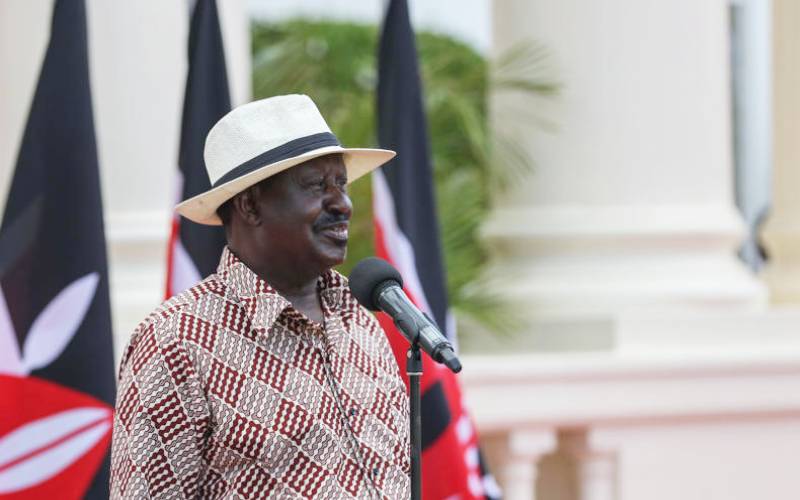×
The Standard e-Paper
Stay Informed, Even Offline

Former Prime Minister Raila Odinga at State House, Nairobi, on April 1, 2021.
In politics, the spoken word counts as much as the unspoken. A week punctuated by the sending of many mixed signals, the ODM party functionaries must be biting their lips and rubbing their hands.